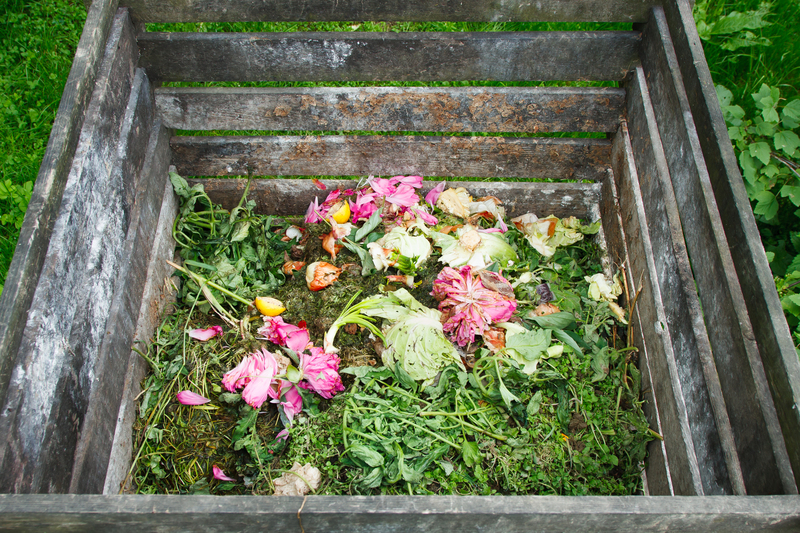Refrigerator Recycling: How to Do It Right
Posted on 31/10/2024
In the fast-paced world we live in, it's no surprise that appliances are constantly being replaced and upgraded. One of the most commonly replaced appliances is the refrigerator, as technology and energy efficiency continue to improve. However, what many people don't consider when purchasing a new refrigerator is how to properly dispose of their old one. The answer is simple: recycling.
Recycling your old refrigerator not only benefits the environment by reducing waste, but it can also save you money on your energy bills. In this article, we'll discuss why refrigerator recycling is important and how to do it right.
Why Is Refrigerator Recycling Important?
The average lifespan of a refrigerator is around 15 years, meaning that millions of refrigerators are discarded every year in the United States alone. Most refrigerators contain harmful substances such as chlorofluorocarbons (CFCs), hydrochlorofluorocarbons (HCFCs), and hydrofluorocarbons (HFCs), which contribute to ozone depletion and global warming. These substances can also leak into the environment if not disposed of properly.
By recycling your old refrigerator, these harmful substances can be safely extracted and disposed of, preventing them from polluting the environment. Additionally, recycling helps conserve valuable resources such as metal, plastic, and glass that can be repurposed for use in other products.

How to Recycle Your Refrigerator
1. Check with Your Local Municipality or Waste Management Company
Before disposing of your refrigerator, it's important to check with your local municipality or waste management company to see if they offer refrigerator recycling services. Many cities have specific guidelines for large appliance disposal and may provide curbside pick-up or drop-off locations for recycling.
2. Contact Your Retailer or Manufacturer
Another option for proper disposal is to contact the retailer or manufacturer from whom you purchased your new refrigerator. Often times, they will offer take-back programs for old appliances. Some may even provide discounts or incentives for returning your old appliance.
3. Find a Certified Recycling Facility
If neither of the above options is available to you, you can find a certified recycling facility near you through the Environmental Protection Agency's (EPA) Responsible Appliance Disposal (RAD) Program. This program ensures that refrigerators are disposed of properly and responsibly.
Tips for Refrigerator Recycling
- Before recycling, make sure to clean out your refrigerator by removing any food and wiping down any spills or residue.
- If possible, remove any doors from the refrigerator to prevent potential hazards and make recycling easier.
- When dropping off at a designated location, follow any specific instructions provided by the facility for proper disposal.
Takeaways
Recycling your old refrigerator not only benefits the environment but can also save you money in the long run. By following the above steps and properly recycling your appliance, you can reduce waste, conserve resources, and help protect our planet.

Pros of Refrigerator Recycling
- Prevents harmful substances from polluting the environment
- Conserves valuable resources
- May provide discounts or incentives from retailers or manufacturers
Cons of Refrigerator Recycling
- May be inconvenient if your area does not offer recycling services
- Can be costly if no take-back programs are available
In conclusion, recycling your refrigerator is important for both environmental and economic reasons. By checking with local resources and utilizing designated recycling facilities, you can ensure proper disposal of your old refrigerator. Let's all do our part in keeping our planet clean and green.
Latest Posts
Resource Efficiency with Polystyrene Recycling
Essential Hacks for a Tidy Home




